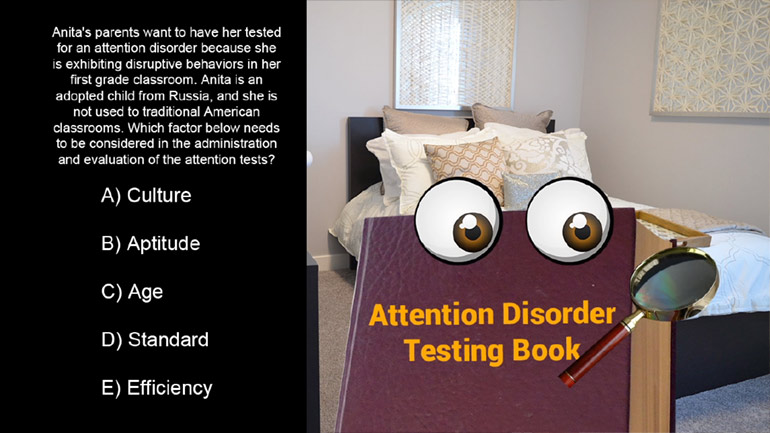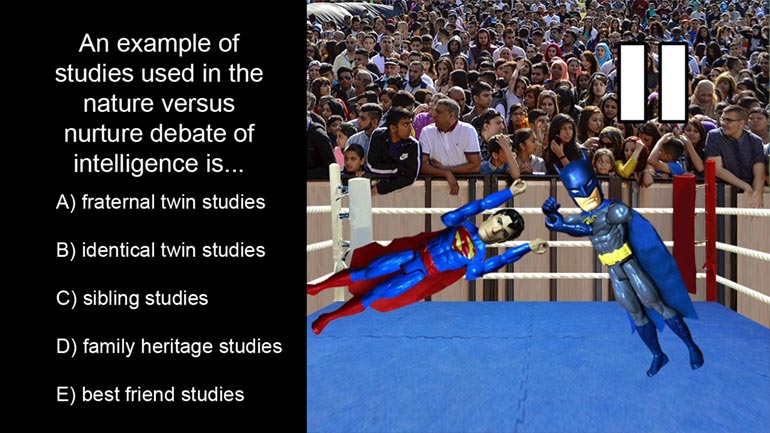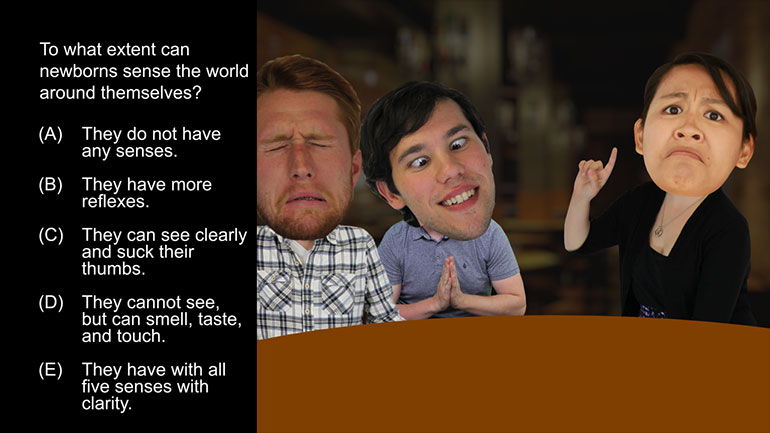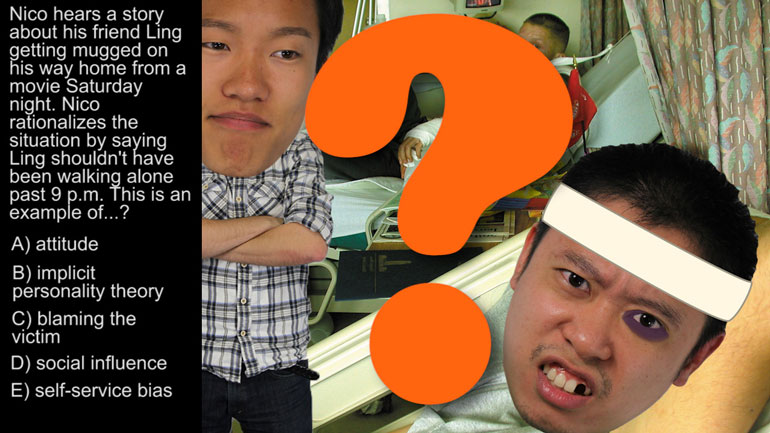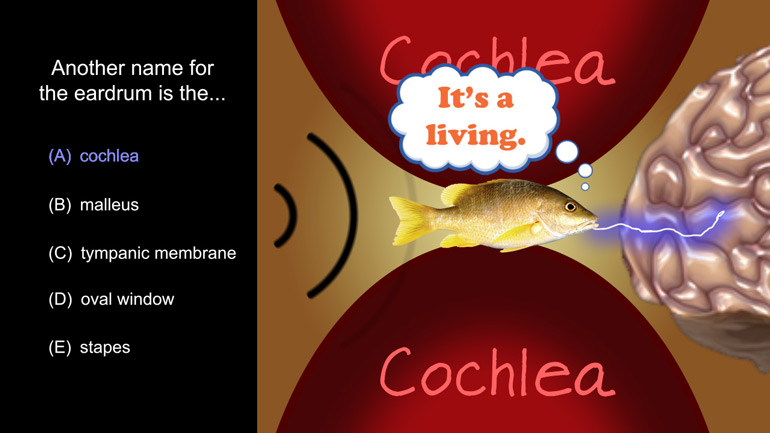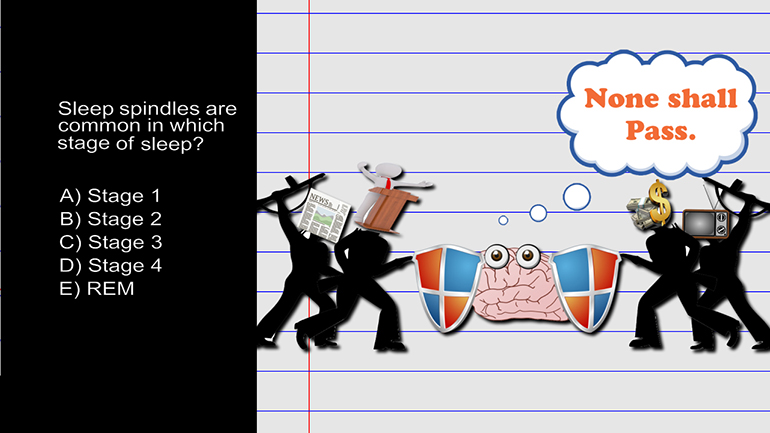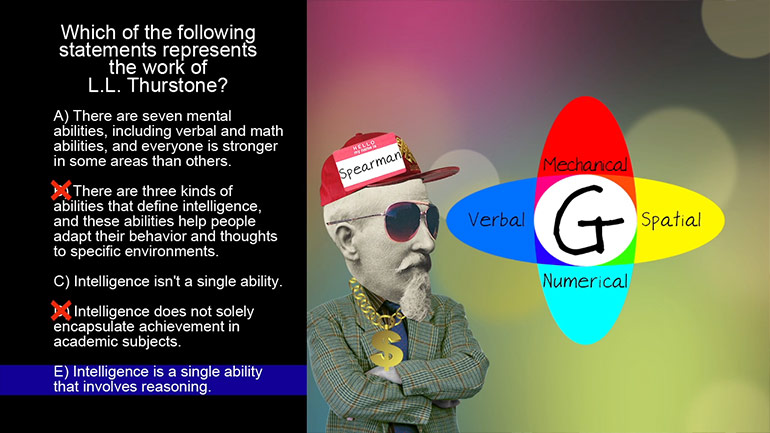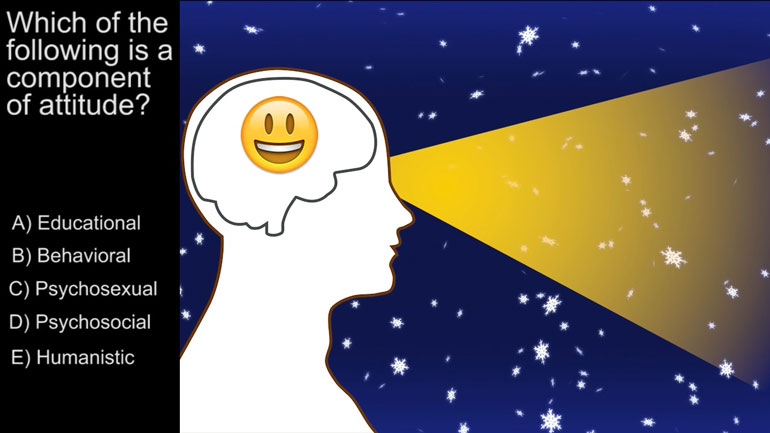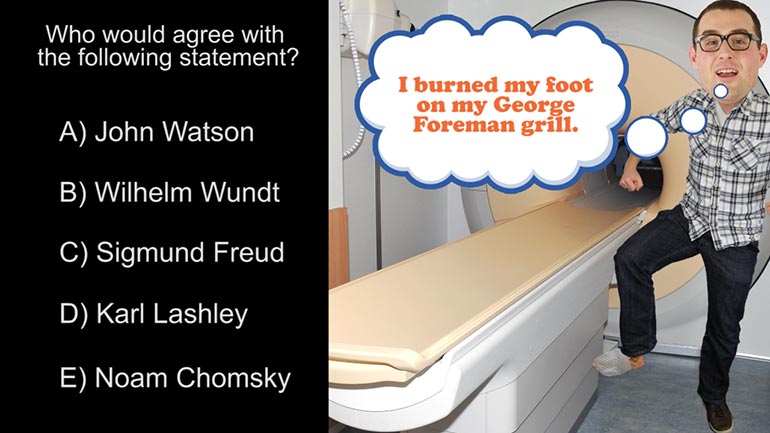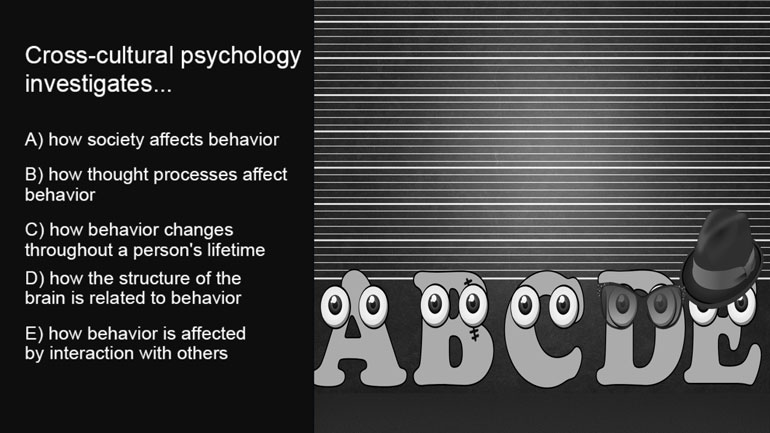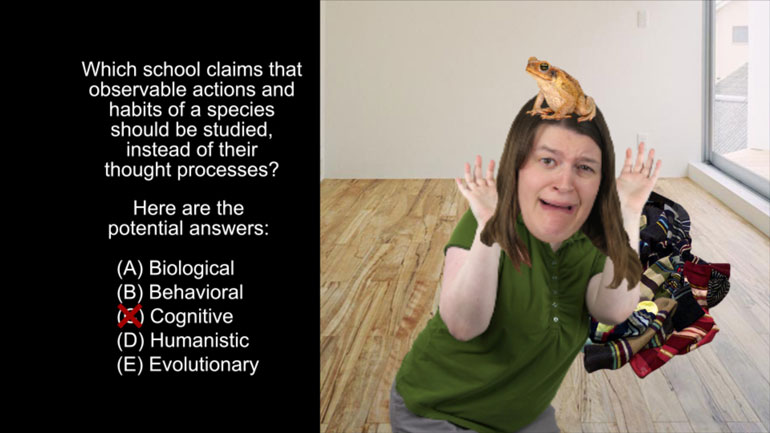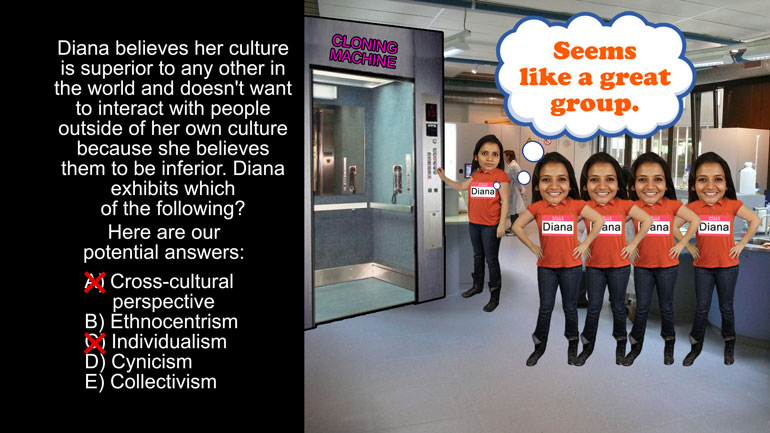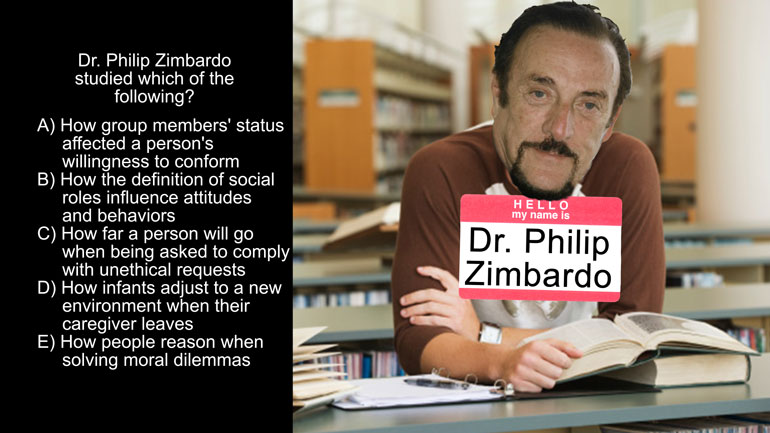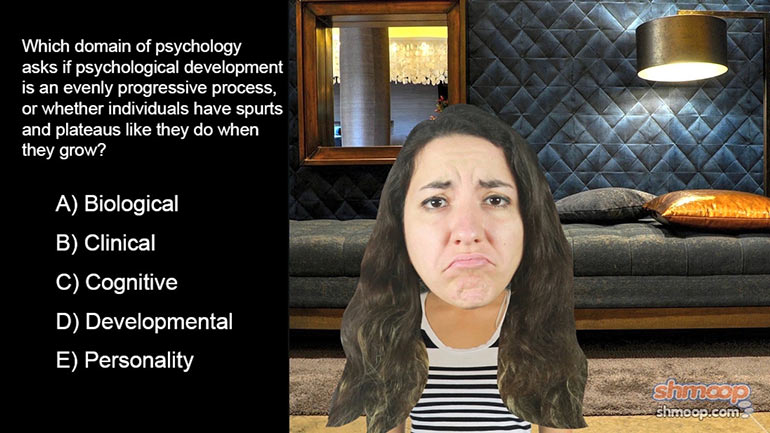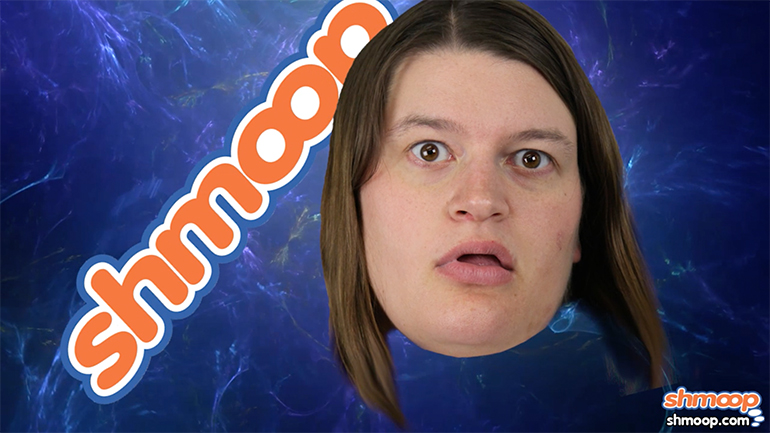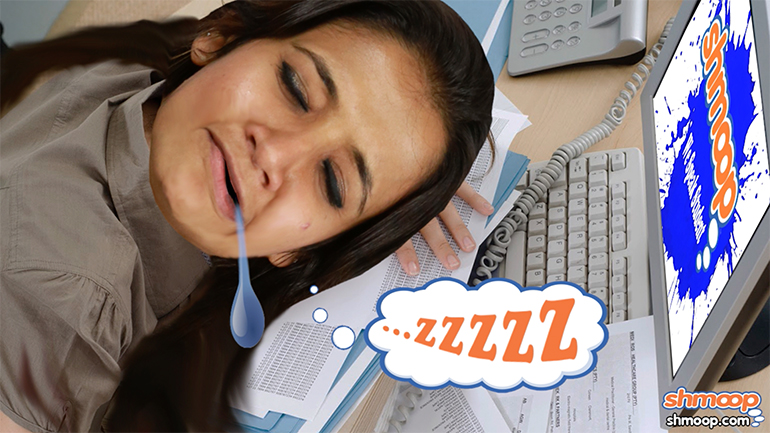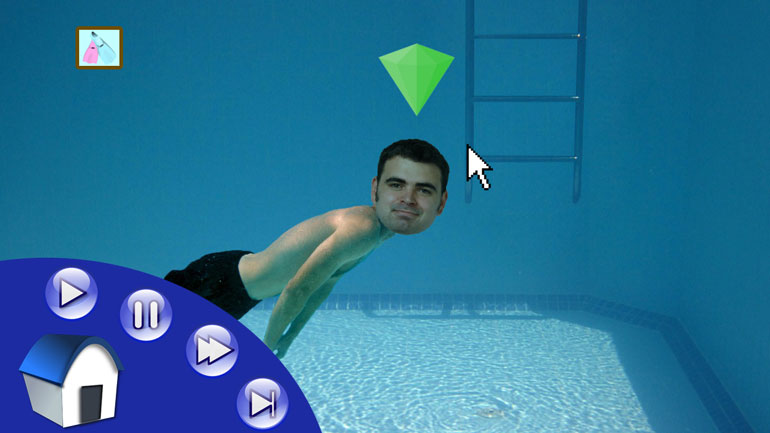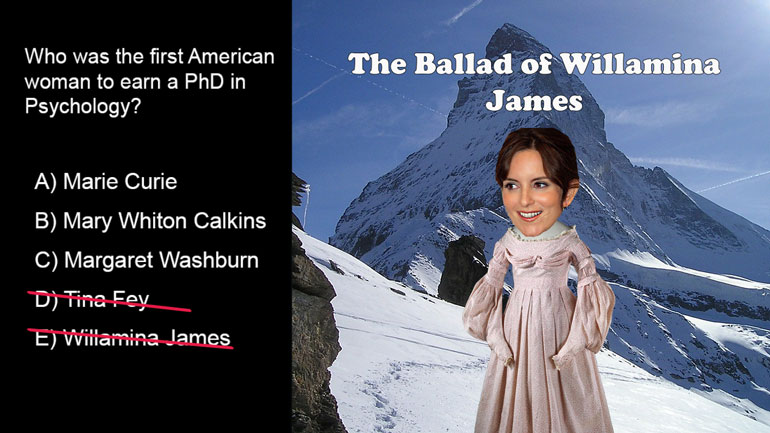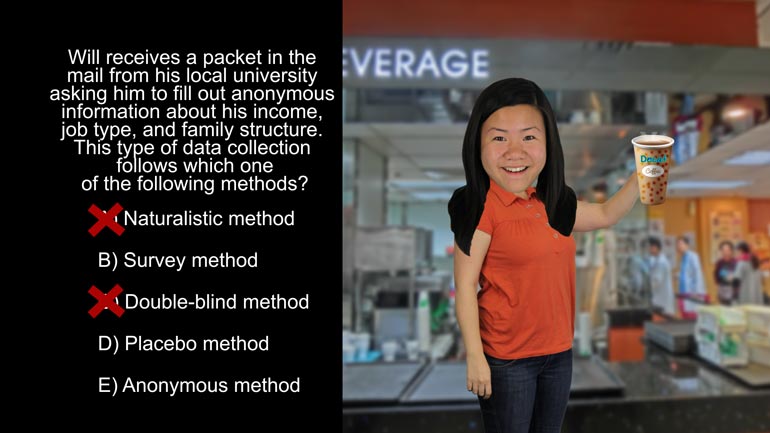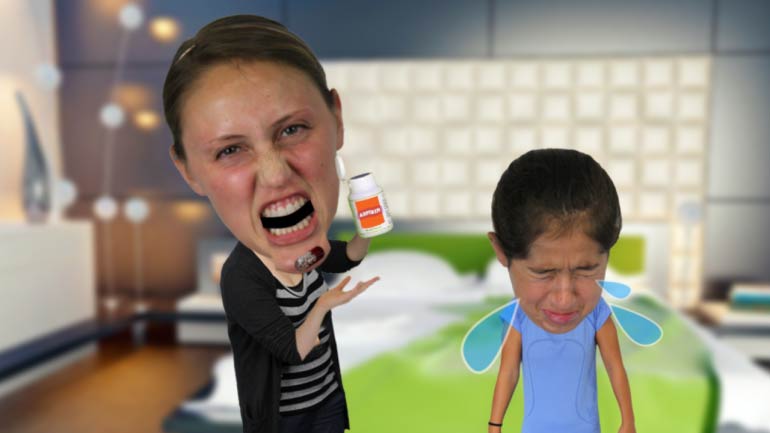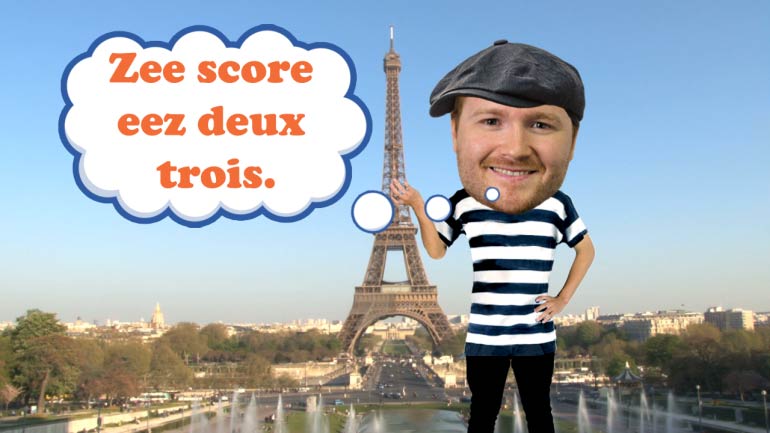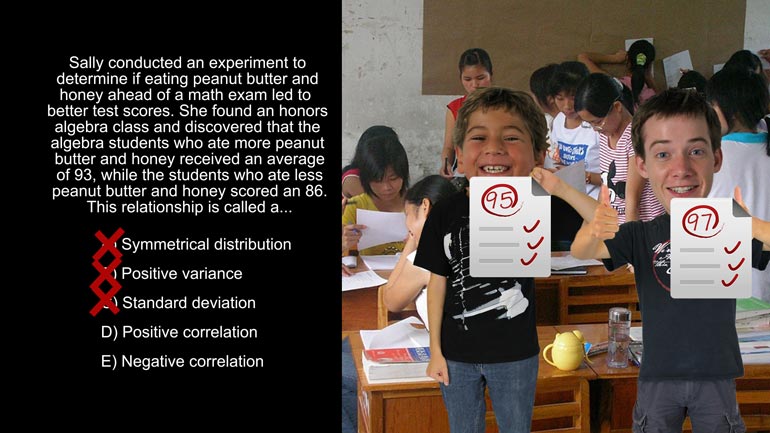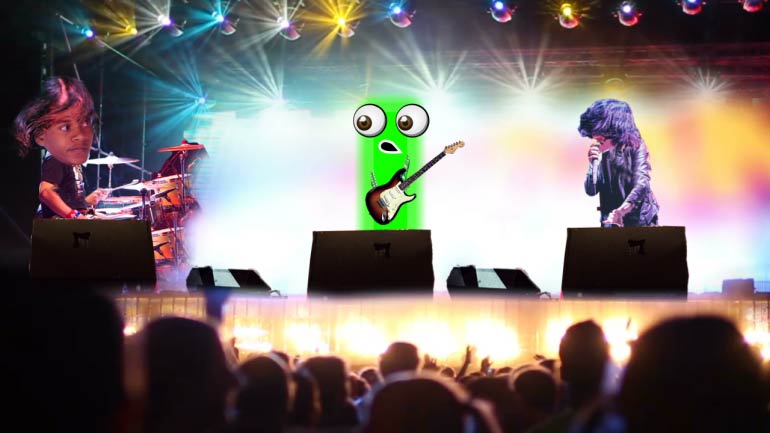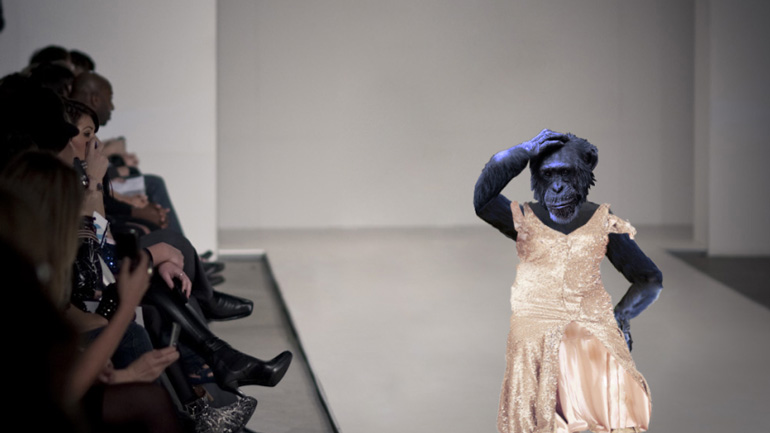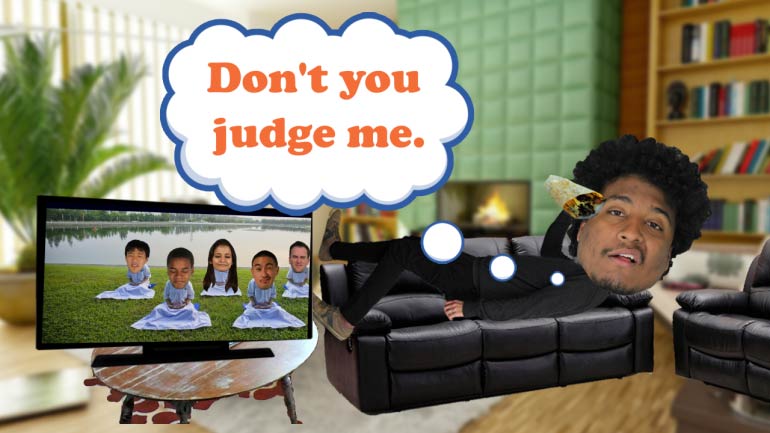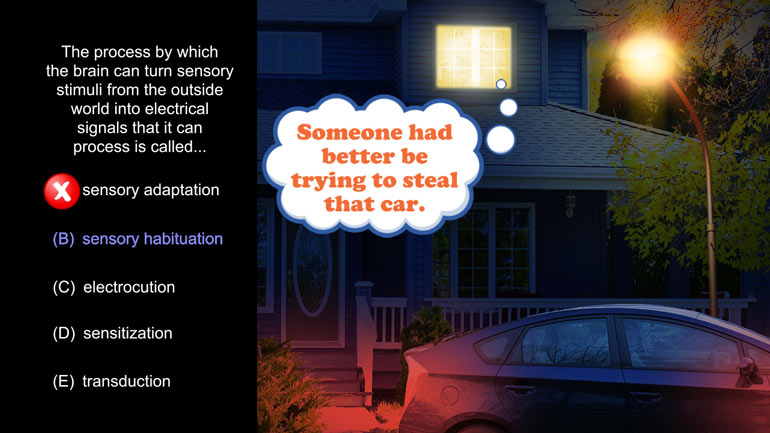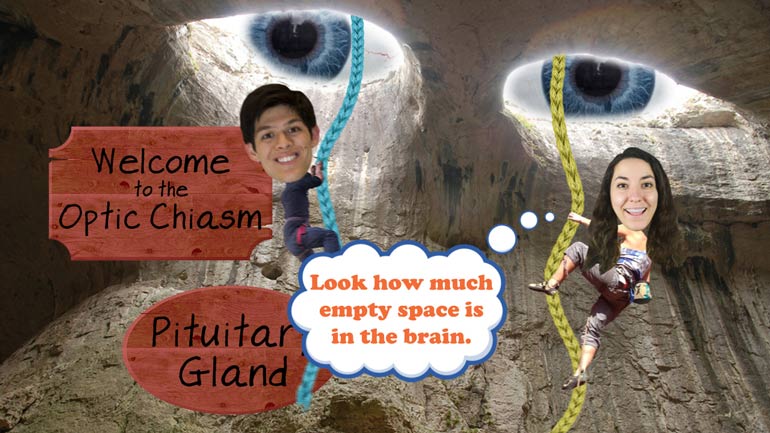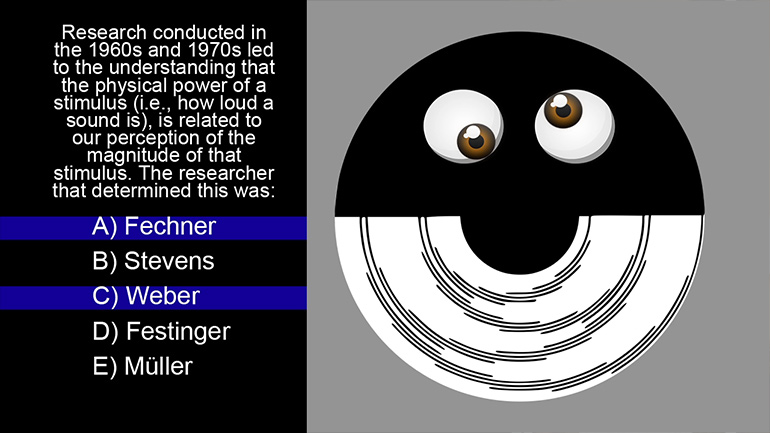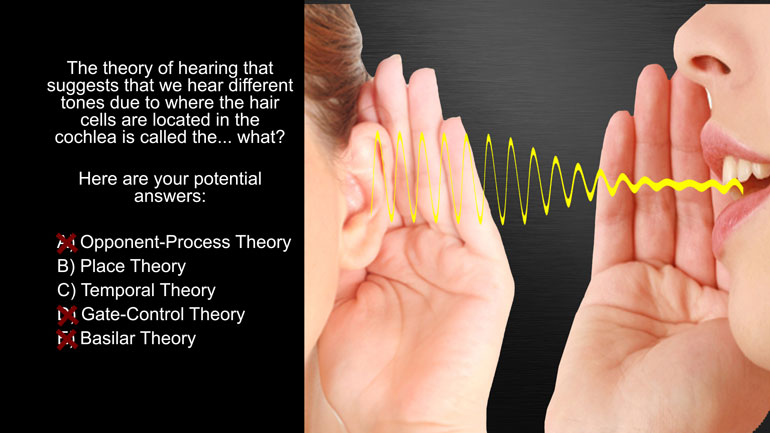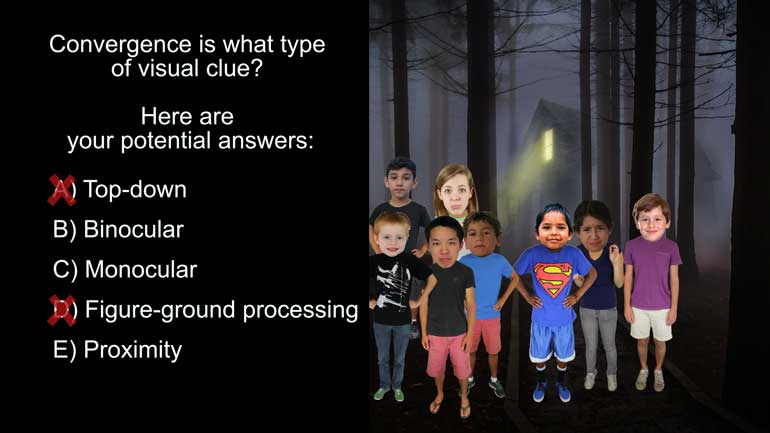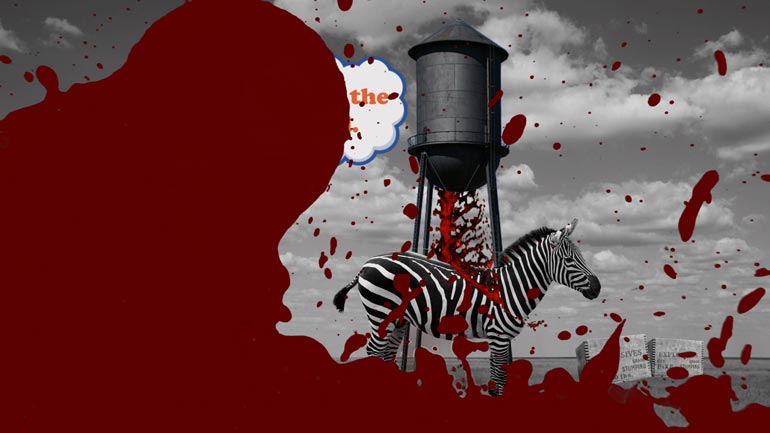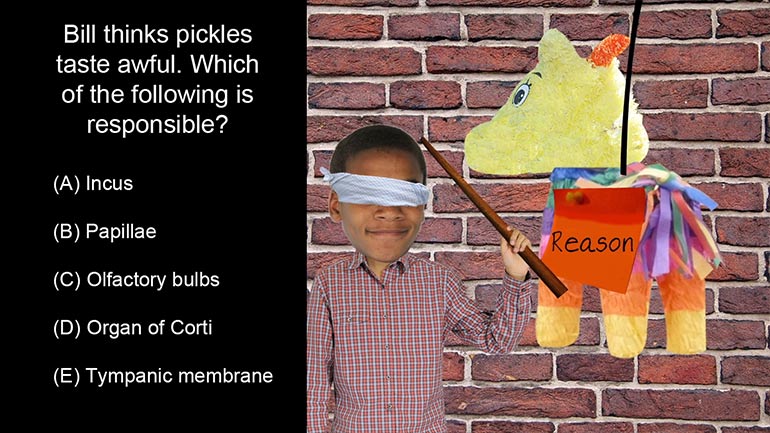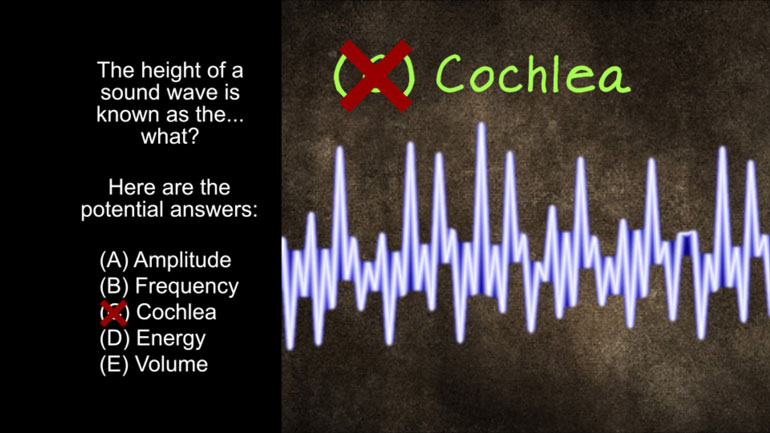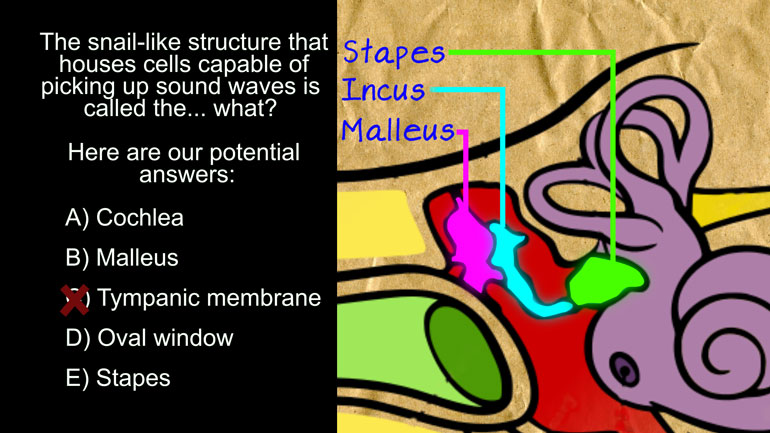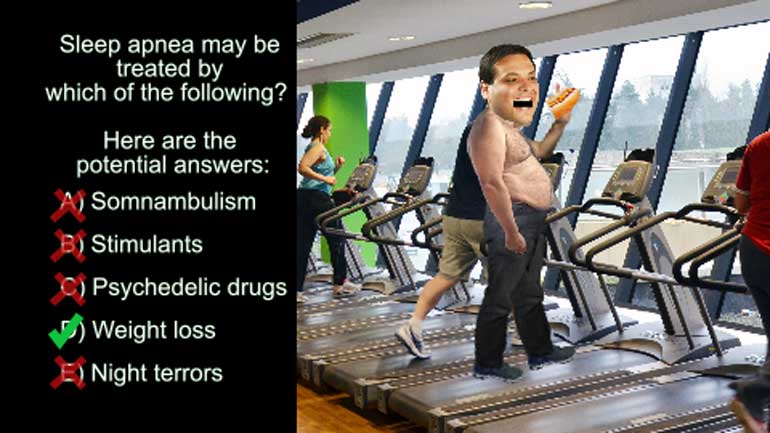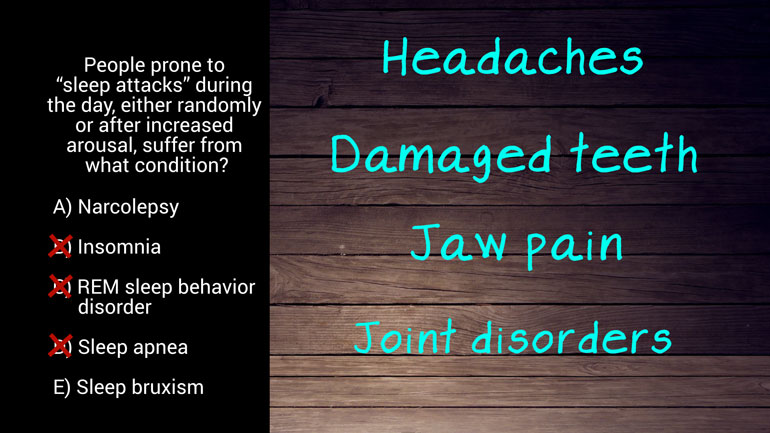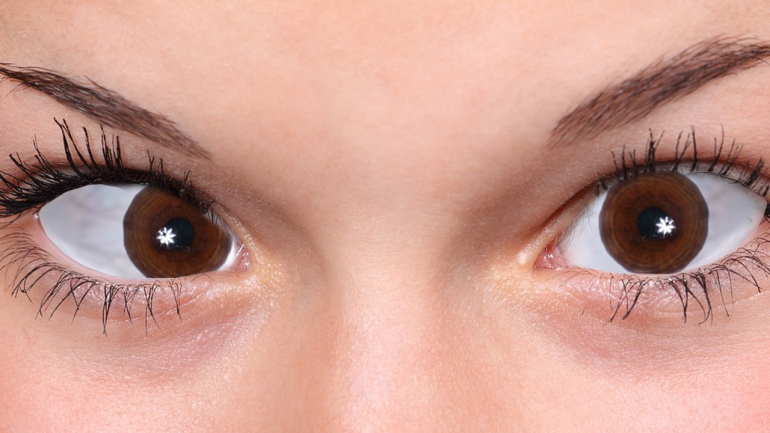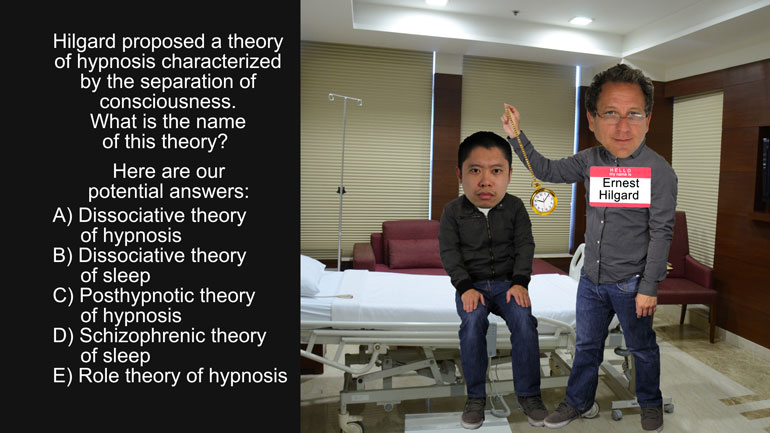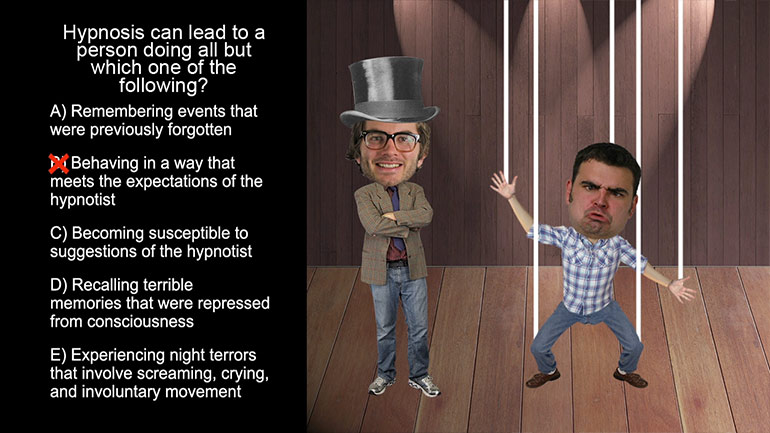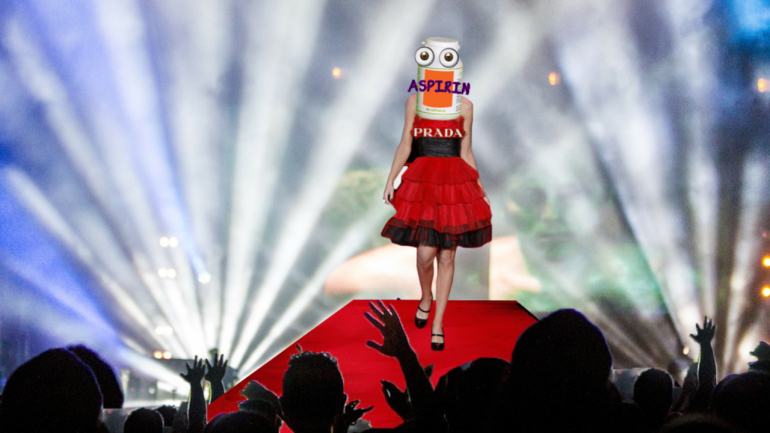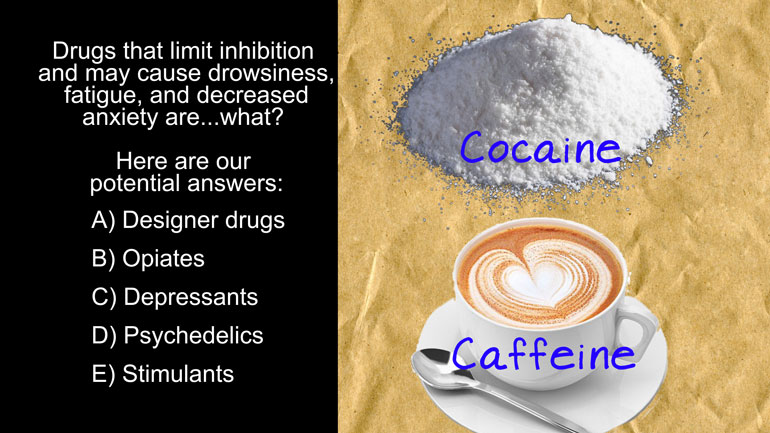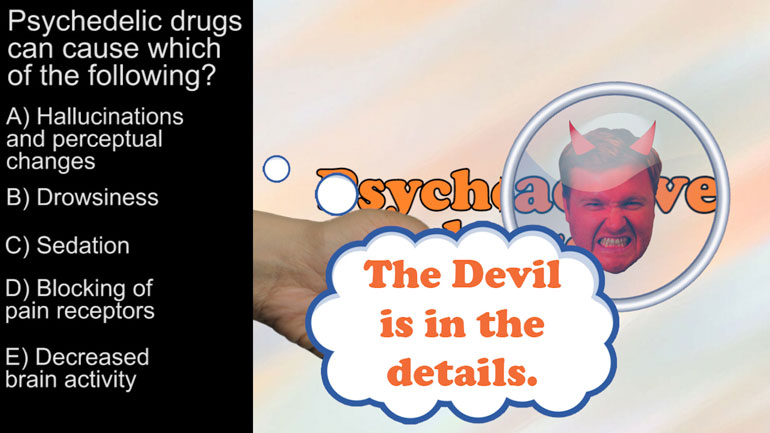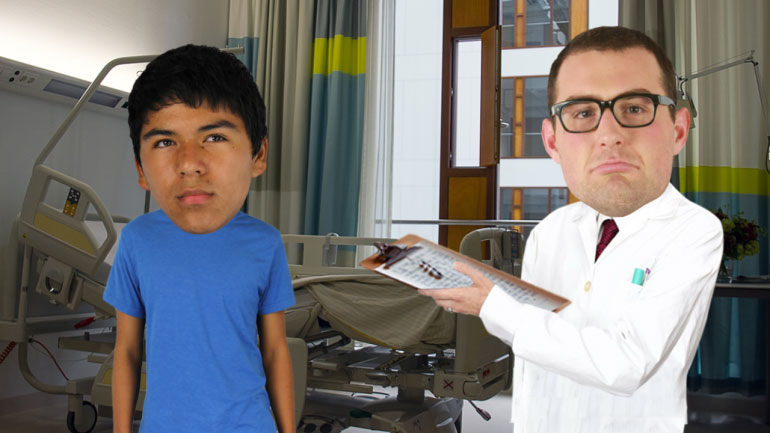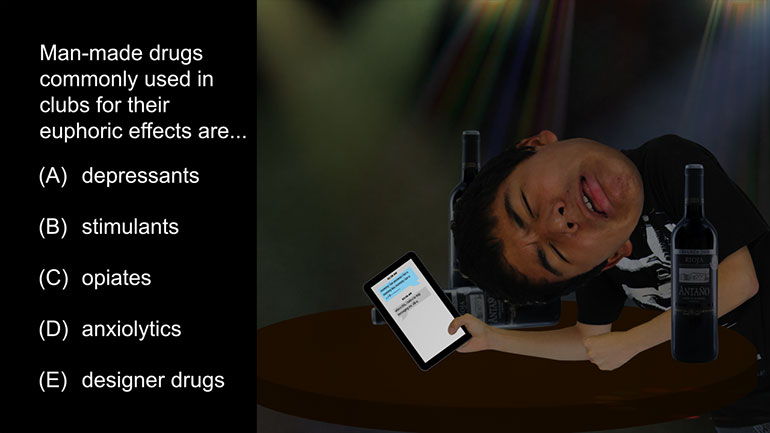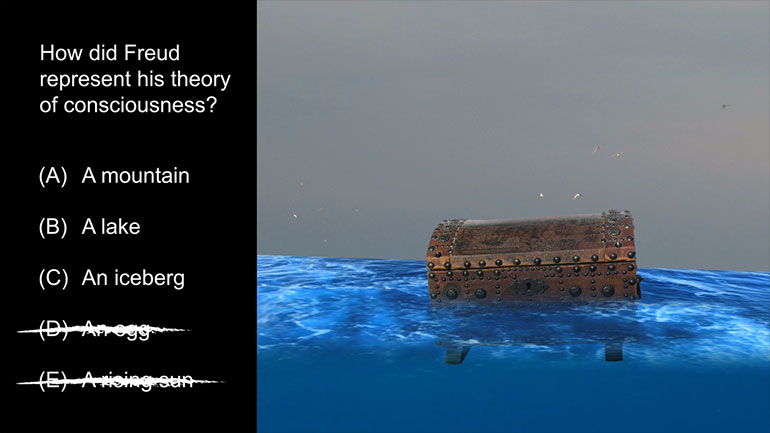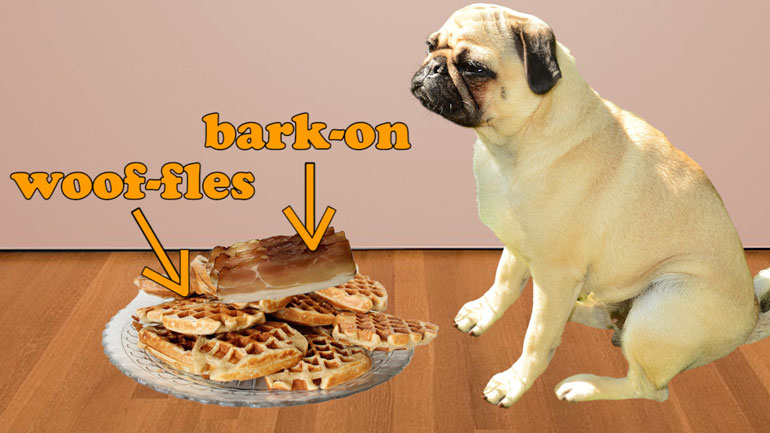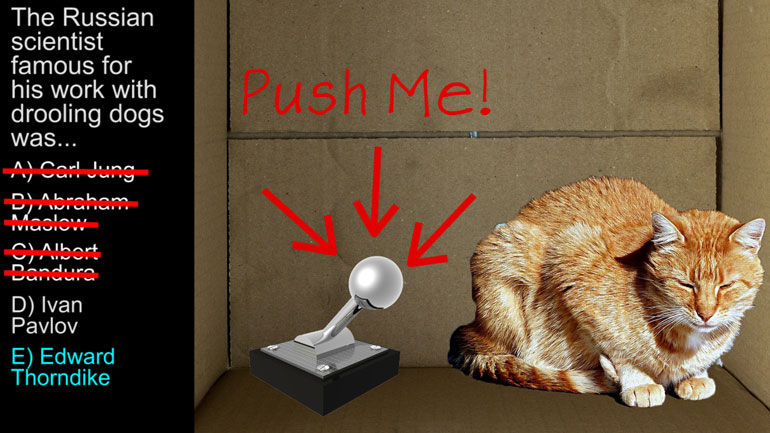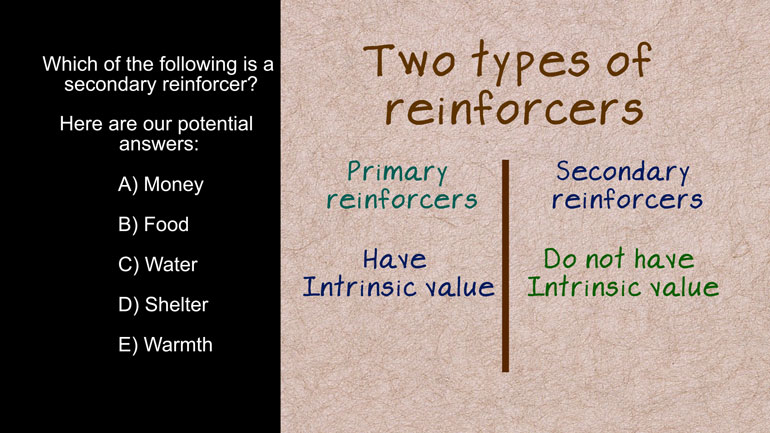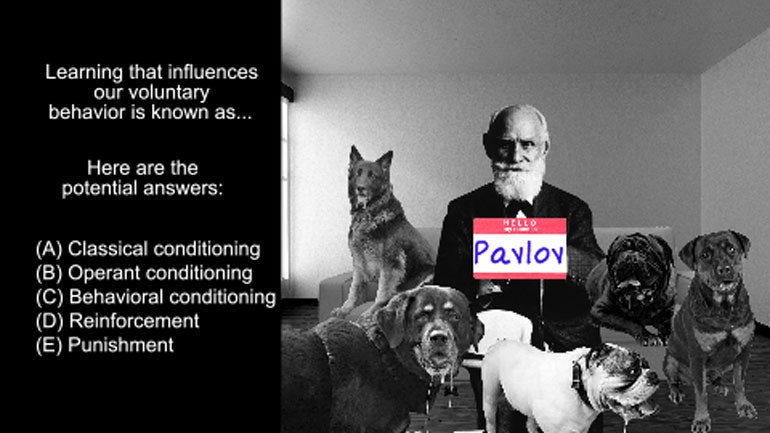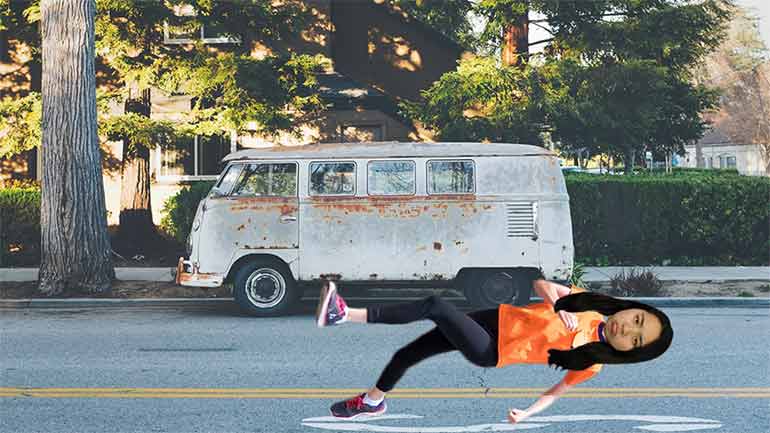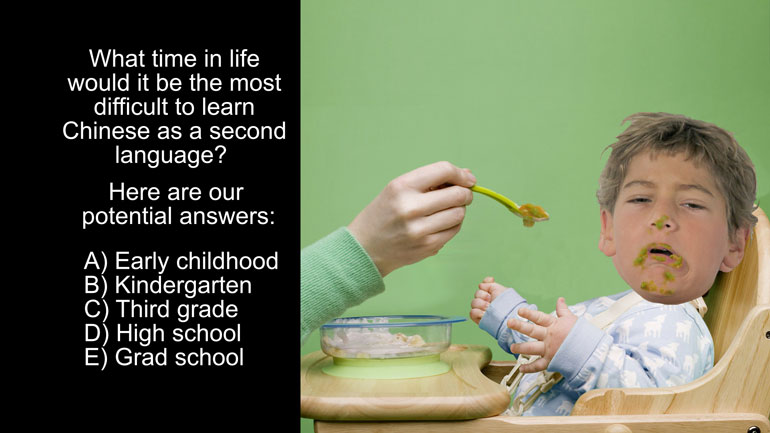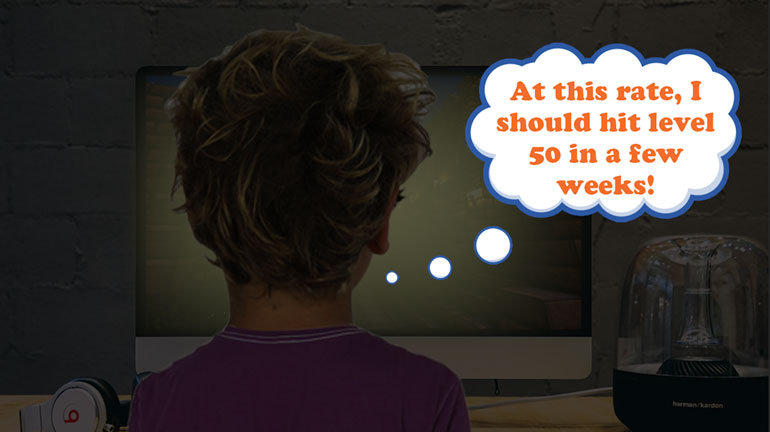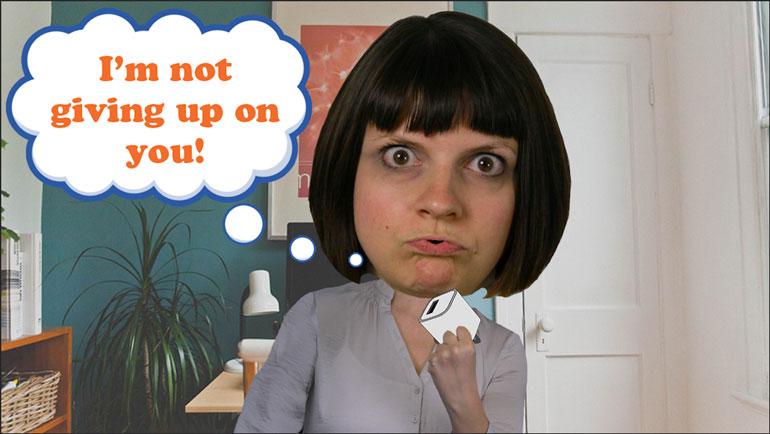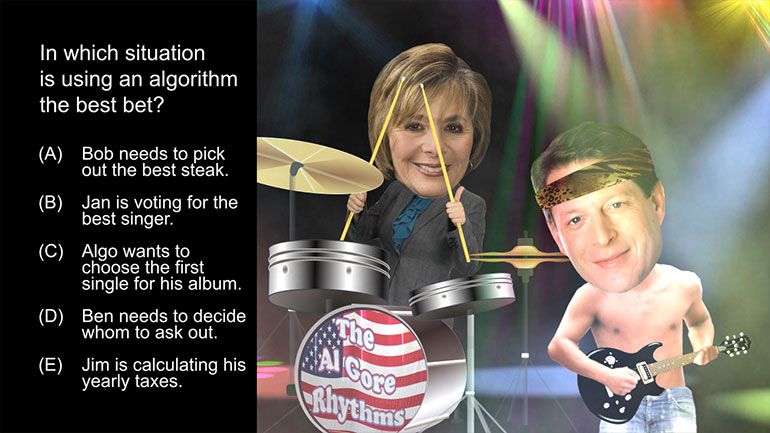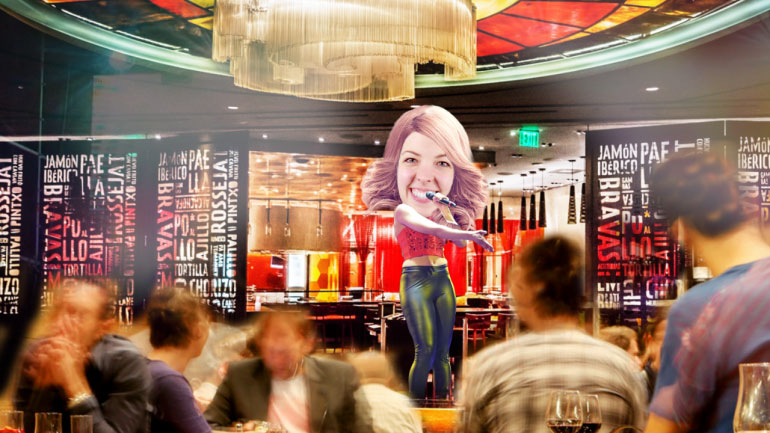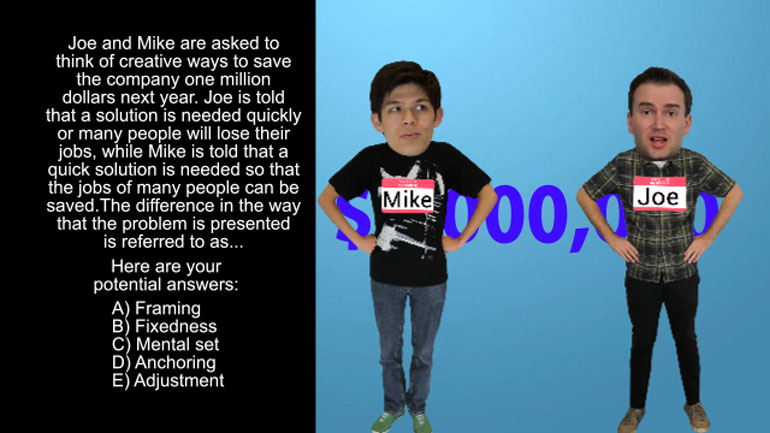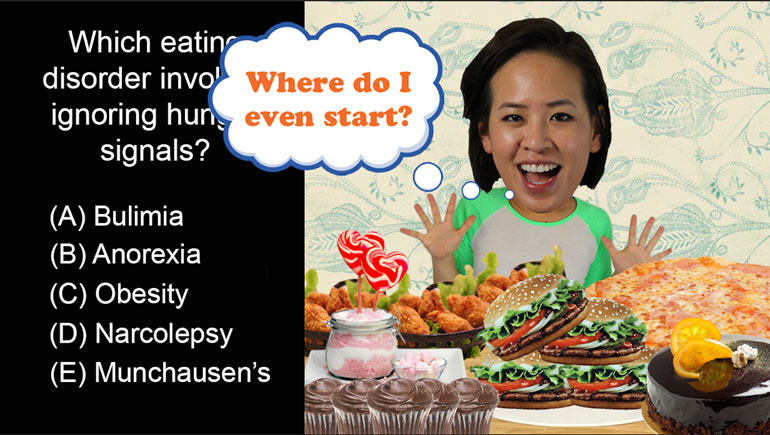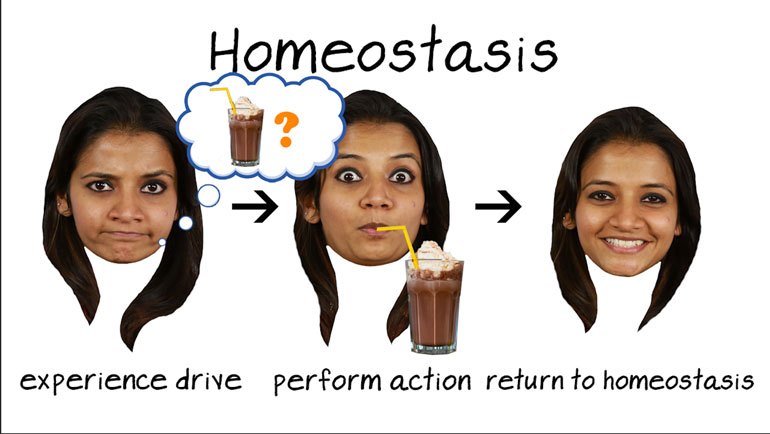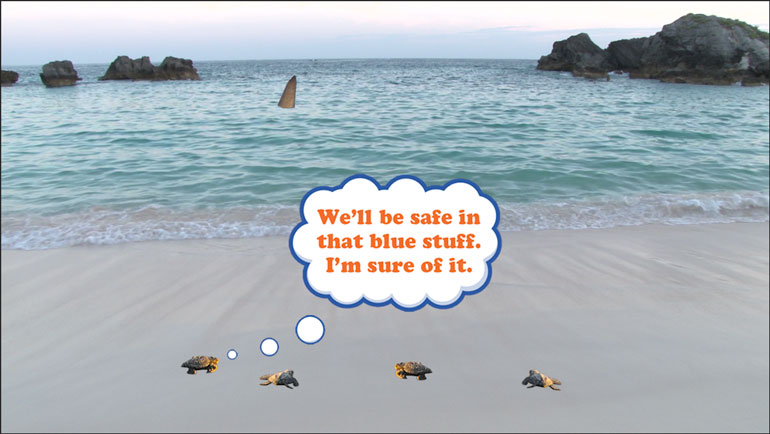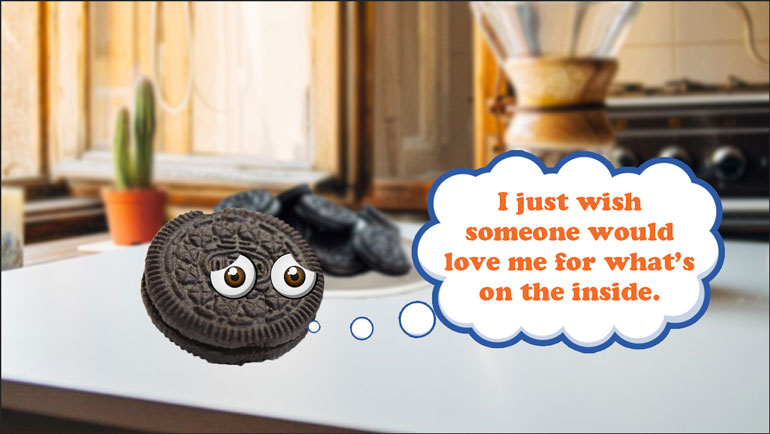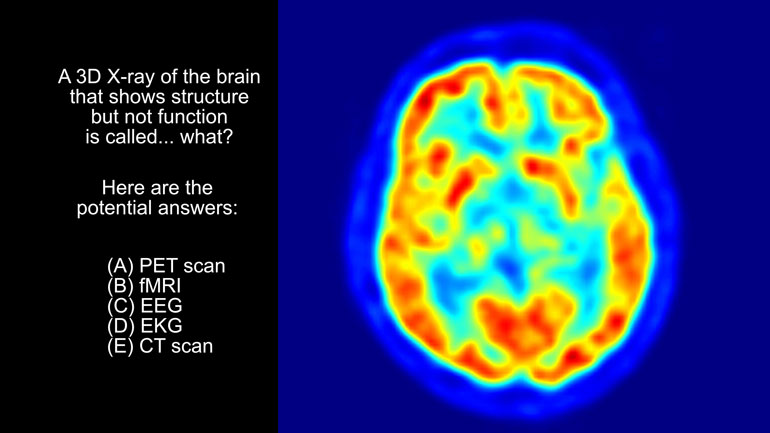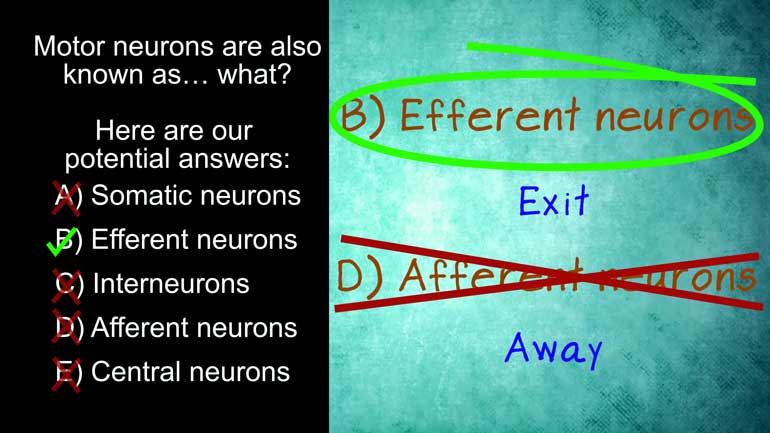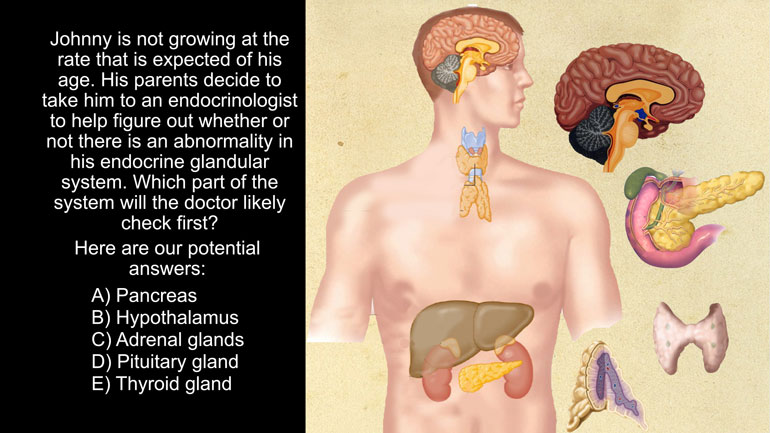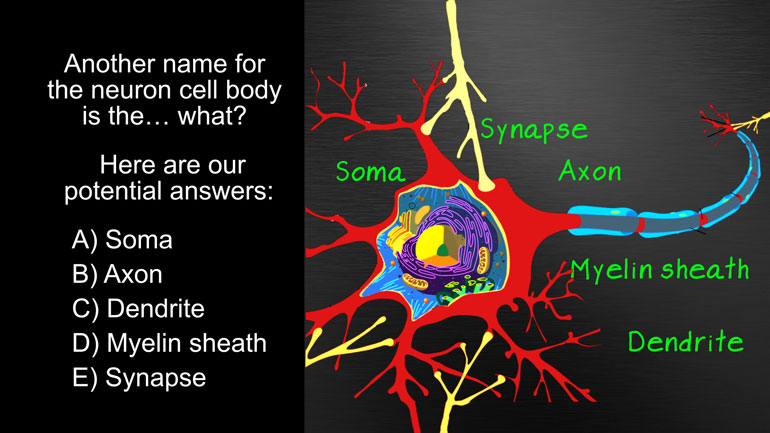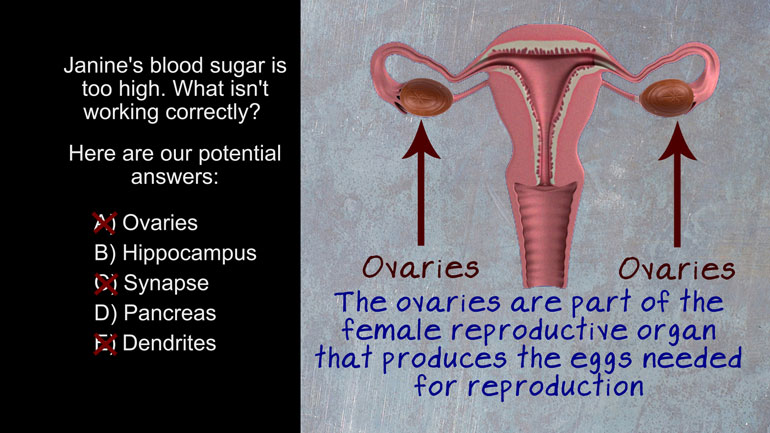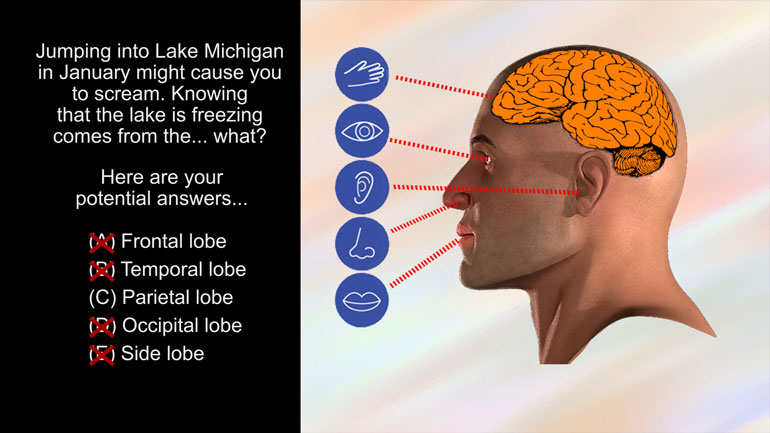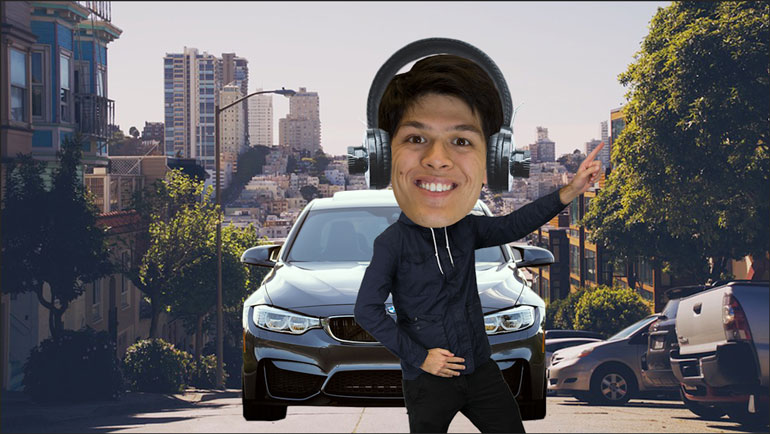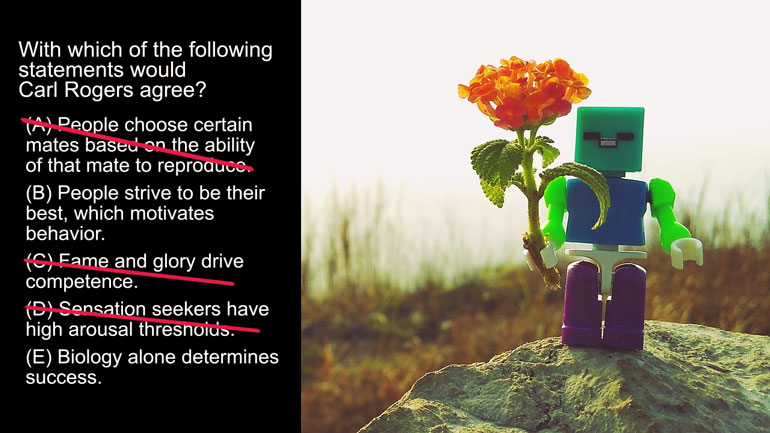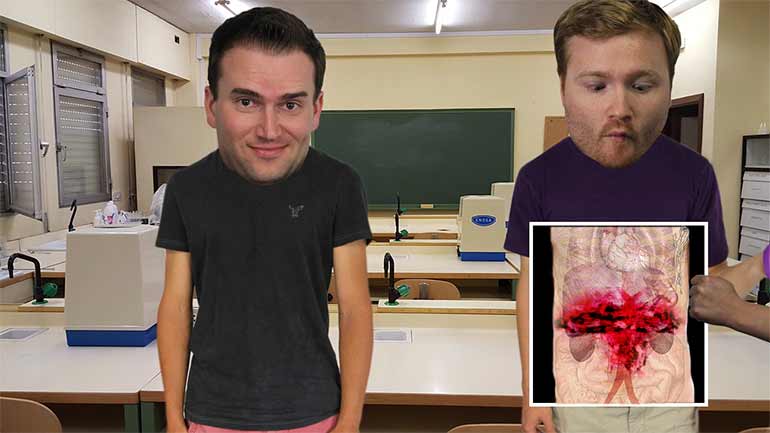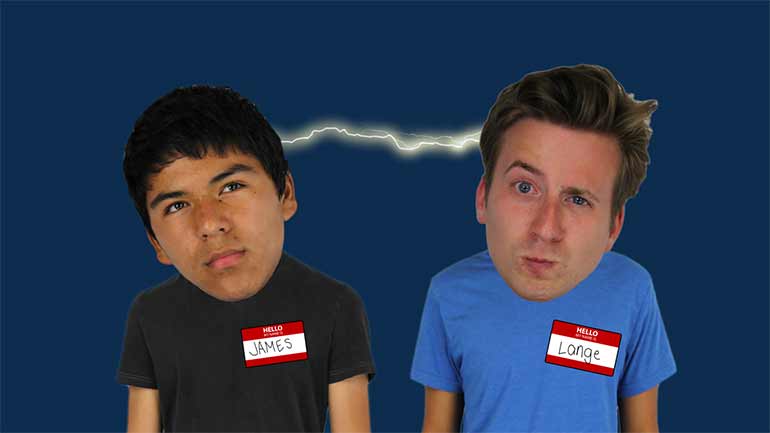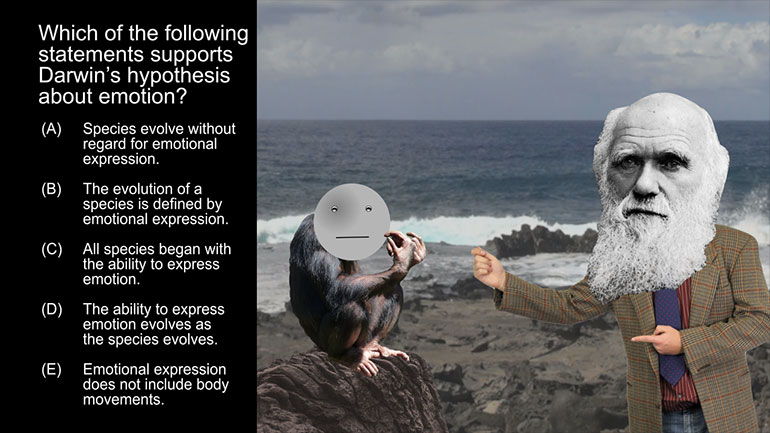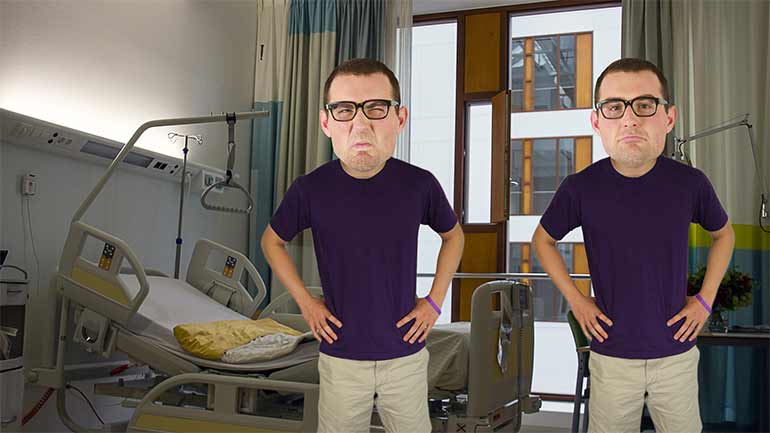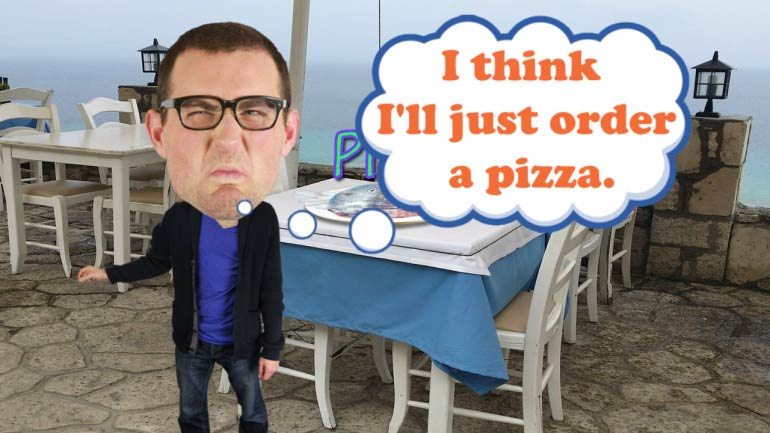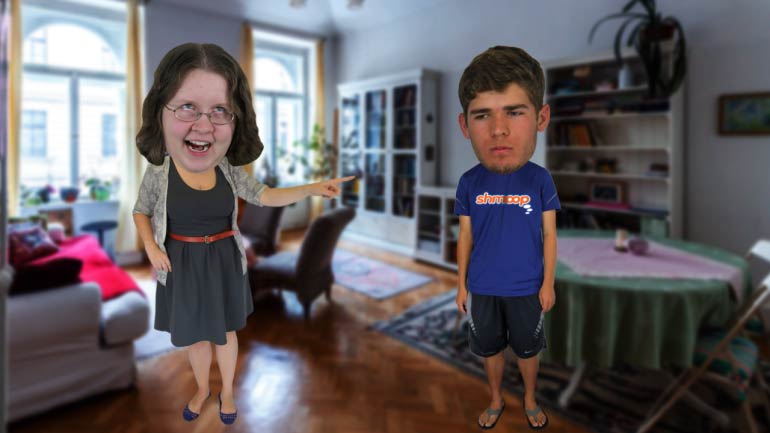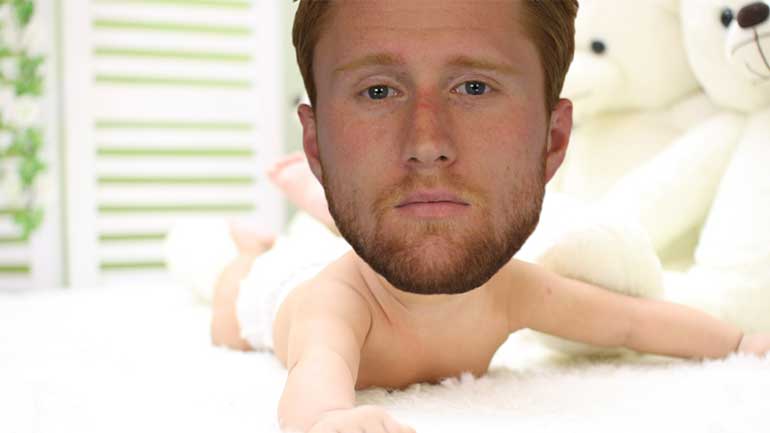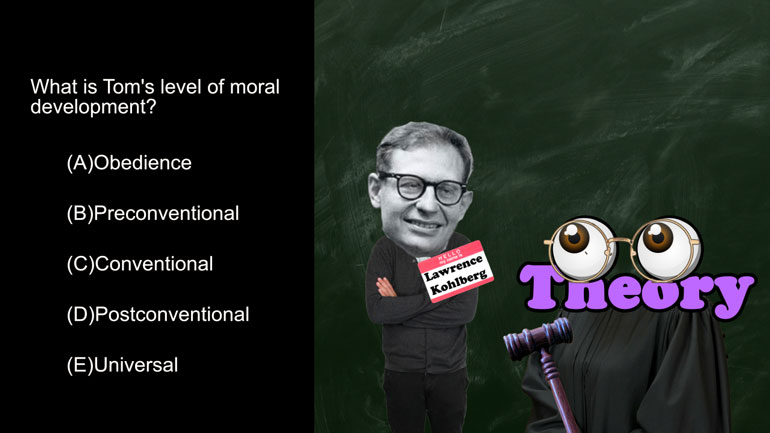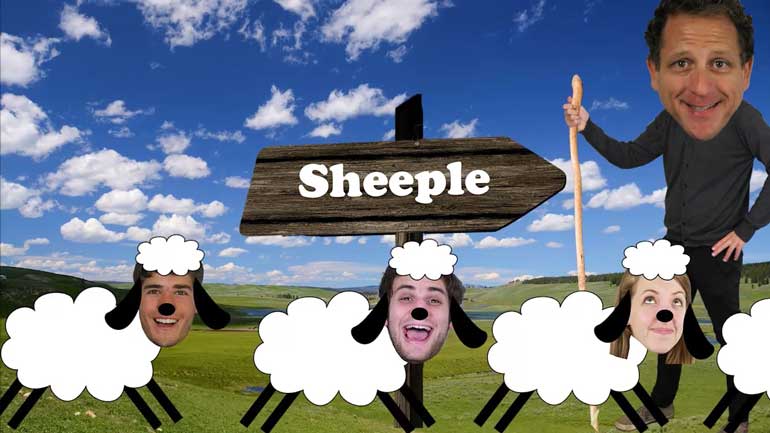ShmoopTube
Where Monty Python meets your 10th grade teacher.
Search Thousands of Shmoop Videos
AP Psychology Videos 135 videos
AP Psychology 2.3 Testing and Individual Differences. Which factor below needs to be considered in the administration and evaluation of the attenti...
AP Psychology 2.4 Testing and Individual Differences. Which of these is an example of studies used in the nature vs. nurture debate of intelligence?
AP Psychology 1.2 Developmental Psychology. How would you respond to someone stating that babies are born without any real sense of the world aroun...
AP Psychology 2.1 States of Consciousness 10 Views
Share It!
Description:
AP Psychology 2.1 States of Consciousness. Alcohol is an example of which class of drug?
Transcript
- 00:04
Here's your shmoop du jour brought to you by designer drugs aspirin [Woman with aspirin drug for face walking down cat walk]
- 00:08
by Prada is really in this season here's today's question alcohol is an example
- 00:14
of which class of drug and here are the potential answers.....
- 00:20
yep alright well the class you're in is AP Psych but which class is alcohol in [Alcoholic drink sitting in a classroom]
- 00:25
well what are the effects of alcohol consumption [Man drinking alcoholic drink]
Full Transcript
- 00:28
aside from drunk dials, table dancing and crying that is common effects include
- 00:33
decreased inhibitions hence the table dancing, fatigue decreased brain activity
- 00:37
mellowness, mild euphoria and relaxation slurred speech and impairment among many [Examples of effects of alcohol]
- 00:42
others now let's compare these back to our answers and see what we find.. Well
- 00:46
stimulants are best known as drugs that will stimulate your mind or your body
- 00:50
stimulant drugs are uppers like Ritalin, cocaine, caffeine and nicotine which all
- 00:54
serve to stimulate and temporarily improve mental focus or physical [Man running around a track]
- 00:58
functions in one way or another and all that sounds more or less like
- 01:02
the opposite of what happens to weird Uncle Jack after his fourth beer... Opiates
- 01:07
or psychoactive drugs derived from or designed to mimic the effects of a
- 01:11
compound found in the opium poppy plant well these drugs include morphine and
- 01:16
codeine they're regularly used as painkillers since they create a feeling [Doctor gives man opiate drugs]
- 01:20
of intense euphoria and relaxation while releasing endorphins but it's not all
- 01:25
fun and games this high becomes harder and harder to achieve as the user can
- 01:28
quickly build a tolerance to the drug becoming dependent on it while alcohol [Man crying while taking opiates]
- 01:33
and opiates can definitely both be addictive alcohol doesn't produce the
- 01:37
sort of high described here so C is not our guy psychedelics are probably the
- 01:41
easiest to eliminate as their most typically known as drugs like LSD that
- 01:45
produce hallucinations and alter the users perception of the surroundings so
- 01:50
unless we're talking about some pretty heavy-duty form of absinthe these [Woman with wings]
- 01:54
effects definitely don't sound very boozy so cross out D.. moving on to E
- 01:58
designer drugs well the term designer drug refers to a chemically engineered
- 02:02
drug made to reproduce mimic or enhance the effects of a pre-existing drug so
- 02:07
while powdered alcohol might technically qualify a designer drug the terms too
- 02:11
broad to refer to any specific drug effects which means that our
- 02:15
answer is depressant or downers the exact opposite of uppers these are best [Man drinking a pint of beer]
- 02:20
known for inhibiting brain and central nervous system activity, altering moods,
- 02:24
lowering inhibitions and making you burp a lot
- 02:28
alcohol is most certainly a depressant so A is our answer of the day, as for us
- 02:33
we'll stick to aspirin by Prada or maybe Tylenol by Chanel do you think [Aspirin and Tylenol on a catwalk]
Related Videos
AP Psychology 2.2 Social Psychology. Which of the following was an independent variable manipulated in Asch's research?
AP Psychology 1.1 Personality. According to Freud, these three parts of personality are constantly in conflict.
AP Psychology 1.1 Sensation and Perception. The process by which the brain can turn sensory stimuli from the outside world into electrical signals...
AP Psychology 1.1 Social Psychology. Which of the following best describes social psychology?
AP Psychology 1.1 States of Consciousness. Who conducted research on REM sleep deprivations?
